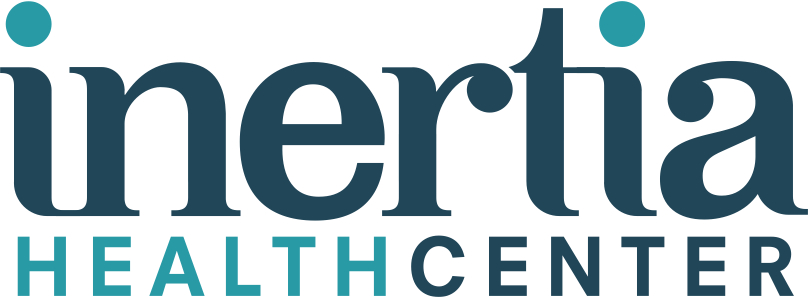A Case for Clean Eating
During pregnancy, women have a tendency to use their growing bellies as an excuse to eat whatever they want. “Surely I need substantially more than I usually eat, right!?” Or, “baby gets what baby wants!” are usually the attitude. In reality, pregnant women need about 300-450 calories more than they would usually consume. That’s a large snack or a small meal worth. In addition, what you put in your body probably matters more now that it ever has. The nutrients you’re providing your body are now also being provided to the growing fetus inside of your belly.
In the Womb
If there’s ever a time to clean up your diet, it’s now. The foods you choose to put in your body now are not only affecting you, but they’re also affecting your growing child, and they might have a bigger, and different impact than you would think. Your nutrition during this time directly affects the way your placenta functions and, in turn, how your baby develops. Research is showing, too, that nutrition and lifestyle during pregnancy affects how your child’s life will unfold. This long-lasting effect on the proper development of the fetus is called “Fetal programming” and can play a part in what diseases they are prone to and how their metabolism and immune system functions, etc. well into the future.
Sugar is Your Foe
If you didn’t know this, here’s your sign. It’s a big reason why America is obese. It’s been argued that it is as addictive as cocaine and it’s hidden in more foods than you might think. Having a high sugar diet with no fiber or other whole foods to balance it out results in blood glucose spikes. These are detrimental to your health as it is, but add a fetus to the mix and it’s a recipe for disaster. Studies show that persistently high fetal glucose concentrations can actually inhibit neuronal development and result in reduced cognitive function in offspring later in their lives. Additionally, if you keep it up long enough, you can develop gestational diabetes which has additional health implications for you and your baby.
Eat Your Greens
You may know that it’s important to have a prenatal vitamin leading up to and during your pregnancy. A big reason for this is that a lot of basic nutrients you need to support your baby’s growth and development either aren’t readily available in the foods we eat everyday, or because people don’t typically eat enough of the foods that provide those vital nutrients. A big one of these is folate. Folate is needed for proper development of your baby’s spinal cord, and a deficiency of this vitamin in the womb results in spina bifida. Folate is found in green, leafy vegetables including spinach, broccoli, asparagus, etc. Not only do these foods provide folate, they also provide fiber and other phytonutrients that are highly beneficial. Moral of the story: mom was right, eat your veggies.
Have No Fear
You got this. Stick to the perimeter of the grocery store. The fruits, veggies and grass fed, free range meats, dairy and eggs over the sugary, preservative-filled processed foods in the center. Focus on a high fiber, high protein, low (unhealthy) fat diet and avoid eating sugary snacks and drinks. Unhealthy fats include fried foods and canola and vegetable oils. Oils like avocados, olive oil and nuts do not fall into this category and should not be avoided.
Create a support system. Let your people know of your goals so that they can help support you in reaching them. And balance is key! If you are too strict, you might end up back peddling and binging or ditching your diet plan altogether. Be gentle on yourself and do your best. You’re doing an amazing thing and that should be celebrated!
